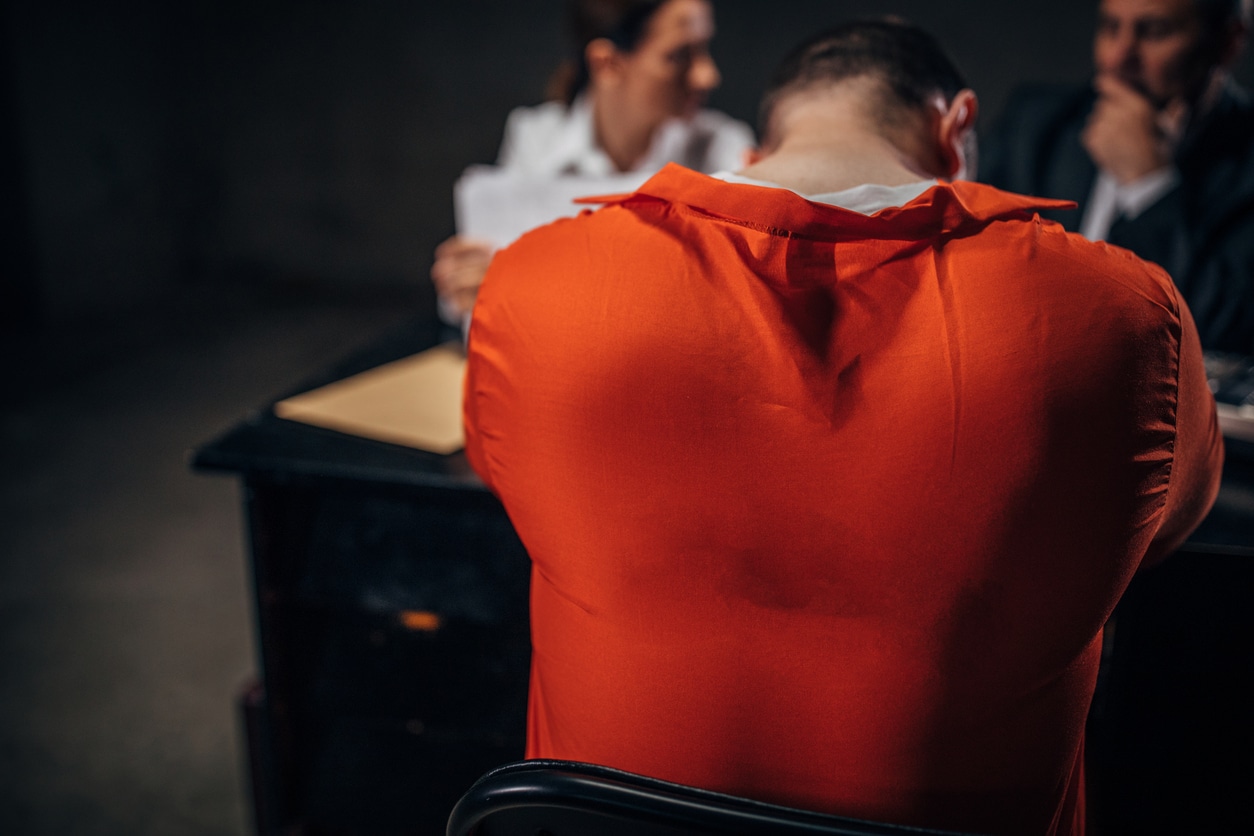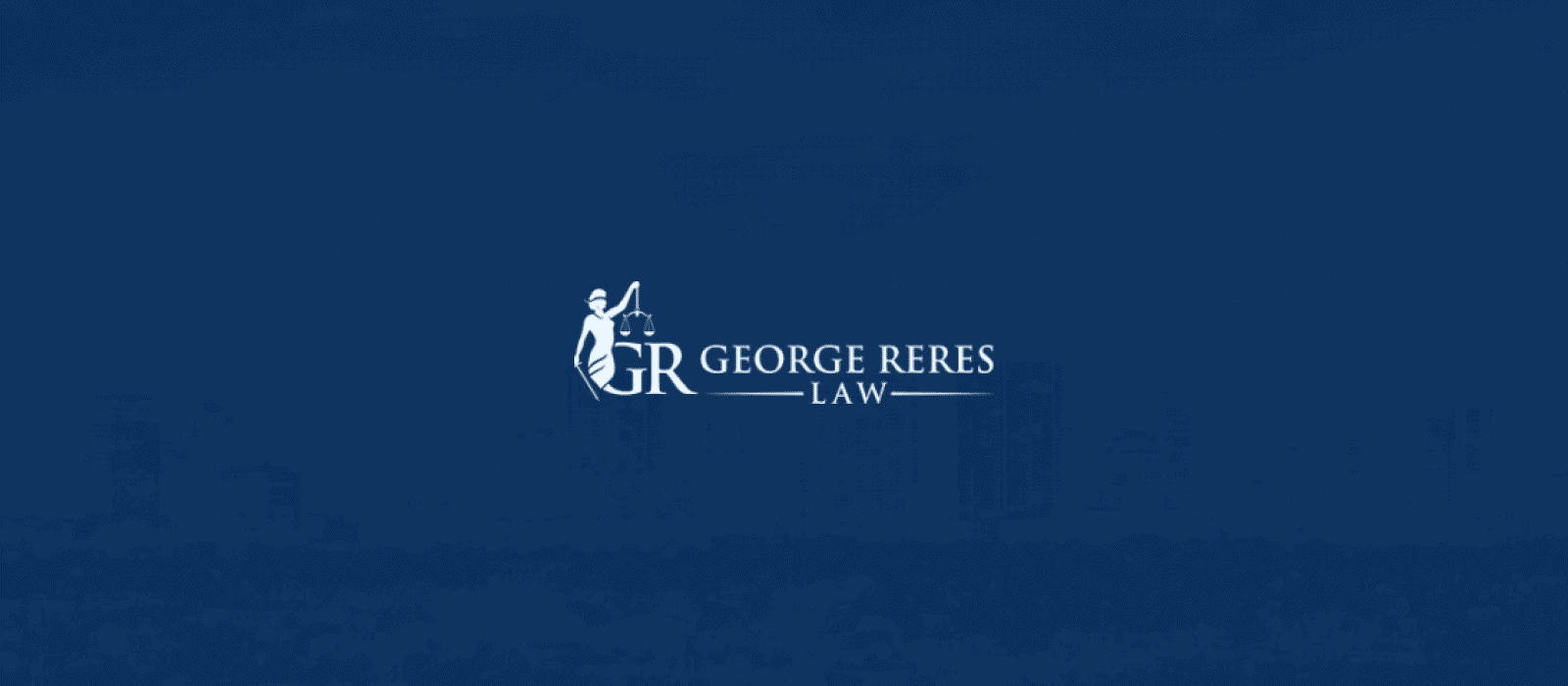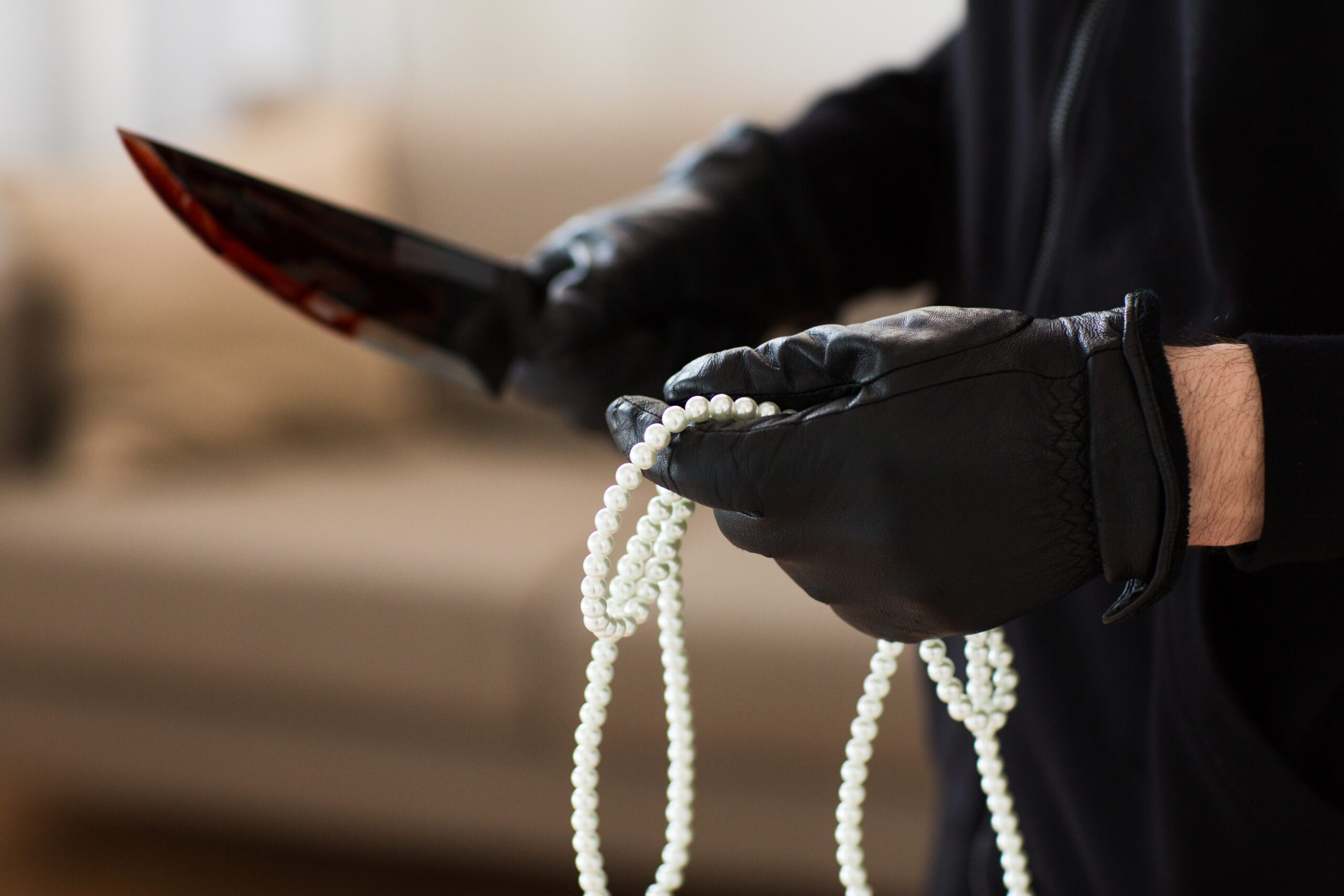What is Probation?
According to Florida law, probation is a form of community control or supervision that requires an offender to adhere to court-ordered punishments for committed crimes instead of incarceration. The state recognizes probation as a privilege that may be revoked and is not considered a punitive sentence. Probation is not considered punishment. The primary purpose of this privilege is the rehabilitation of the offender and the protection of society.
Probationary terms may include:
- Reporting to a probation officer on a regular basis
- Maintaining employment throughout the probationary period
- Visits by the probation officer at work, home, school, or other locations
- Random drug and alcohol testing
- Prohibition of associating with known criminals or participation in criminal activity
- Inability to possess or carry a firearm or other weapons
- Staying within a certain geographic area and needing the Judge to approve travel
- Other terms required by the court
What are Examples of Common Probation Violations?
Probation violations occur when an offender willfully and substantially disregards the terms and conditions of their probationary sentence. It may happen in many different ways, each resulting in a specific punishment or consequence for the violation. Examples of probation violations are as follows:
- Failure to report to a probation officer
- Failure to pay fines, restitution, or court fees
- Failure to complete court-ordered programs
- Commission of new crimes
- Possession of illegal substances
- Leaving the established jurisdictions without permission
- Failure to maintain employment or education
- Association with known criminals
- Acts resulting from mental illness
- Acts resulting from negligence or ineptitude
- Failure to perform ordered community service
- Violation of a restraining order or order of protection
- Failing a drug test
Probation violations leave an offender with less protection than committing the original crime. Proceedings to decide the penalties that will accompany the violation will differ from criminal proceedings. Because the offender has already been sentenced, the following conditions are imposed:
- No statute of limitations
- Revocation of the right to a bond while awaiting violation of probation hearing
- Revocation of the right to a jury trial
- Hearsay is admissible in a violation of probation hearing
- Offenders may be forced to testify against themselves
- Guilt is proven by preponderance of the evidence instead of beyond a reasonable doubt, a much lower burden of proof for the prosecutor to meet
How is a Violation of Probation Proven?
To prove that a violation has occurred, the prosecution must establish, by the “greater weight of the evidence,” that an offender committed the violation, which was both willful and substantial. The prosecution must provide competent evidence that supports a finding of guilt.
Florida appellate courts recognize that probation may only be revoked in instances where an offender deliberately and willfully violates one or more conditions of probation. Trial courts have broad discretion in determining a willful and substantial violation of a probationary term and if the greater weight of the evidence has sufficiently demonstrated the violation. Determining whether or not a violation has been willful and substantial occurs on a case-by-case basis.
In most cases, if the offender has made reasonable efforts to comply with the conditions of probation, a violation will not be deemed willful.
What are the Penalties of Probation Violations?
If an offender is found guilty of or admits to a probation violation, the judge must take one of the following actions:
- Revocation of probation
- Modification of probation
- Continuation of probation
Revocation of Probation
The revocation of probation is the most common penalty associated with the commission of a new crime or violation for a serious or violent felony offense. When this happens, the judge must decree the offender to be guilty of the underlying offense and impose any sentence that could have been imposed for the original offense.
If the offense does not warrant incarceration, the judge may consider a new probationary term that does not account for prior probationary time served. However, incarceration is more likely.
If the offender is considered dangerous to society or qualifies as a Violent Offender of Special Concern, a judge may impose an incarceration sentence up to the maximum penalty for the criminal charge.
Modification of Probation
Modifying probation terms is the most common consequence for first-time violators or for violators with an underlying non-violent offense. Modification may include changing the terms of supervision or extending the probationary period.
Continuation of Probation
Continuation of probation does not happen often in response to a probationary violation. When a judge finds an offender guilty of a probation violation but decides against revoking or modifying probation, they will simply admonish the offender and continue the term with a warning against further violations.
What Should You Do If You Have Violated Probation?
If you believe that you have violated the terms of your probation, you must act quickly and follow these steps:
- Contact your probation officer: You must be as transparent and proactive as possible about the violation in an effort to demonstrate that you are willing to comply with probation conditions.
- Gather documentation: Collect any evidence that supports your case, including proof of employment, enrollment in court-ordered programs, or receipts for paid fines. These documents will demonstrate positive efforts to comply with probationary terms.
- Attend all court hearings: Failure to appear in court will likely result in additional penalties and a higher likelihood of revoking your probation.
Do I Need an Attorney?
If you or a loved one have been accused of violating a probationary term, you may have more options than you know to contest or minimize potential penalties. To make the best decision for your future, call George Reres Law, PA, at 954-543-1186 or fill out a contact form to schedule a free consultation.

 954-543-1186
954-543-1186
 Call Us Now
Call Us Now


